When Madeleine Tenny started her graduate studies at Florida Gulf Coast University, she wasn’t sure how she would adapt to her new home. She’d come to Florida from Pennsylvania by way of Brazil, and the Sunshine State’s ecosystems felt both foreign and strangely familiar.
“I didn’t adapt well to Florida quickly,” says the May graduate in environmental science. “But the environment here is special. In Immokalee, it’s a different world.”
Now, Tenny is fully immersed in that world as a research assistant with the University of Florida’s Institute of Food and Agricultural Sciences. Her current role at the institute’s Southwest Florida Research & Education Center in Immokalee grew directly from her FGCU research and a collaboration with UF faculty — part of what she hopes will become a well-worn path between the two institutions.
From FGCU thesis to a career
Tenny’s master’s thesis focused on a deceptively simple question: Could compost made from biosolids — the organic solids recovered from wastewater treatment — help improve sustainability for crops like basil in Southwest Florida?
“Biosolid compost is a super-hot topic. It’s taboo because it’s human waste, but composting breaks it down into a safe, usable product,” she says. She wanted to see whether biosolids could boost agricultural production or if too much would hurt crops.
The project combined scientific rigor with local impact. Lee County’s Solid Waste Facility provided the compost, and Tenny’s work explored whether it could be applied to high-value crops rather than just forage for livestock. Her basil plants thrived, filling UF’s fields with a scent far more pleasant than the ammonia tang of the compost or the “truly unspeakable” odor of the raw material.
“I’m now a professional basil grower,” she says. “I make a lot of pesto.”
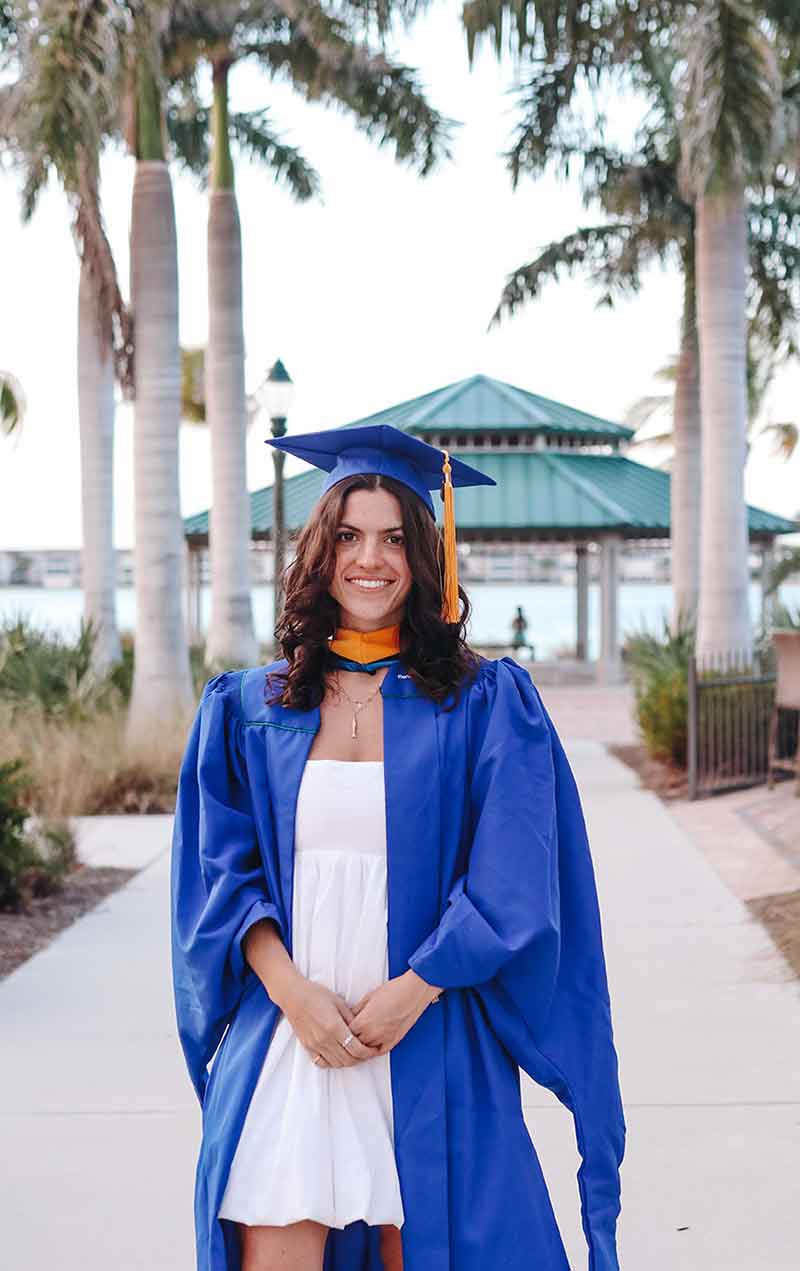
Crossing paths with UF
The Immokalee center is more than 250 miles from UF’s main campus in Gainesville — but at less than 30 miles from FGCU’s Fort Myers’ campus, it was practically in Tenny’s backyard.
During her master’s program, Tenny worked closely with UF faculty in Immokalee who provided tools, lab space and technical expertise to support her experiments. What began as a summer student assistantship led to a 16-month grant project and, eventually, a full-time job.
“At first, I was super intimidated,” she says. “But when a researcher says, ‘That’s a good question,’ it’s the best compliment. If we want science to be innovative, we need relevant questions.”
Her work has taken her from local fields to global stages. In the span of two weeks this summer, she presented her findings at the International Society for Horticultural Science conference in Thessaloniki, Greece, and the Florida State Horticultural Society meeting in Bonita Springs.
Tenny credits FGCU’s close-knit, hands-on academic environment for preparing her to thrive in agricultural research. She worked as a teaching assistant, participated in field excursions to the Everglades and Six Mile Cypress Slough, and learned directly from faculty at The Water School, including professors Win Everham, Brian Bovard and John Griffis.
Griffis earned his doctorate in horticulture at UF before joining FGCU as a professor in the Department of Ecology & Environmental Studies. Tenny served as his student research assistant.
“Madi was quite fortunate to find a UF faculty member to help her with the biosolids compost growing project,” Griffis says. “Timing is very important with horticultural projects, and this one worked out well.”
Through internships and employment at the center, FGCU students like Tenny gain hands-on experience in horticulture and agricultural sciences while collaborating with UF faculty. Students not only contribute as well-prepared research assistants but also build competitive résumés by participating in publications and projects — an asset for those pursuing graduate school or technical careers.
“Experience conducting research is so valuable for students who believe they are interested in the career options that track could provide,” says Griffis.
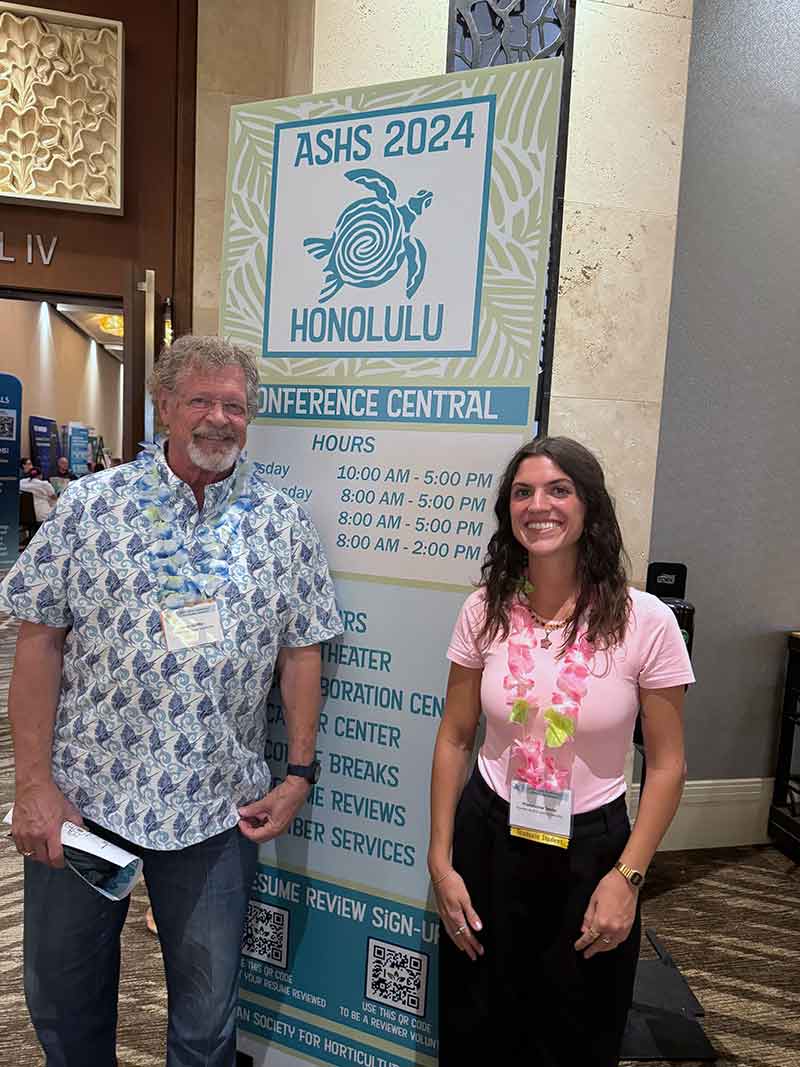
You might also be interested in this story:
FGCU education empowers grad to open English school in Turkey
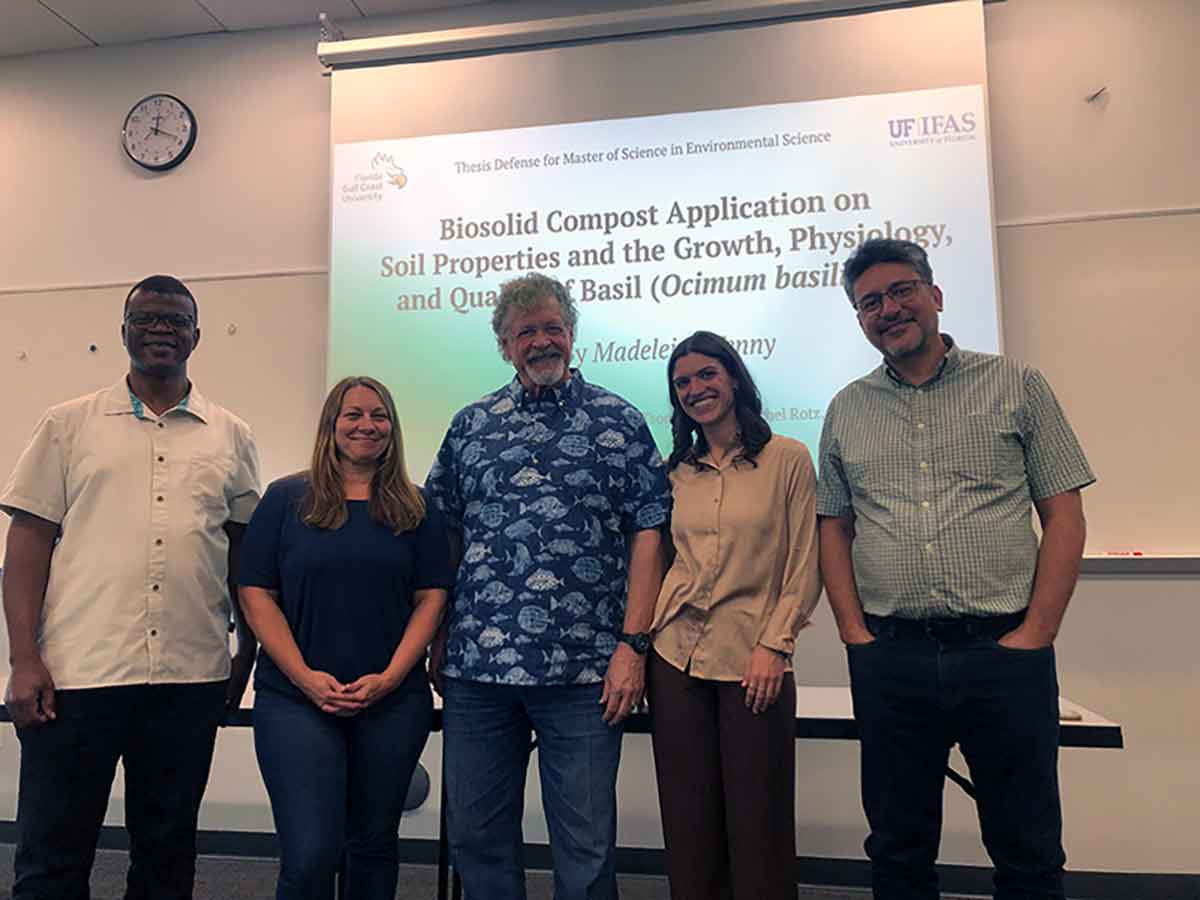
For the UF center, the collaboration provides motivated, science-trained students to advance ongoing research.
The Immokalee center will host an open house Nov. 19 featuring presentations, exhibits and activities related to Institute of Food and Agricultural Sciences research. Topics will include sugarcane production, insect management, soil and water science and opportunities for FGCU students to get involved.
“I learned more in my two years at FGCU than in four years of undergrad,” Tenny says. “At FGCU, undergrads get involved in research. That just doesn’t happen everywhere. Everyone gets attention here.”
She hopes more FGCU students will explore the opportunities in Immokalee, where students from both universities can apply for internships. Tenny sees strong potential for collaboration.
“There definitely needs to be more FGCU presence,” she says.
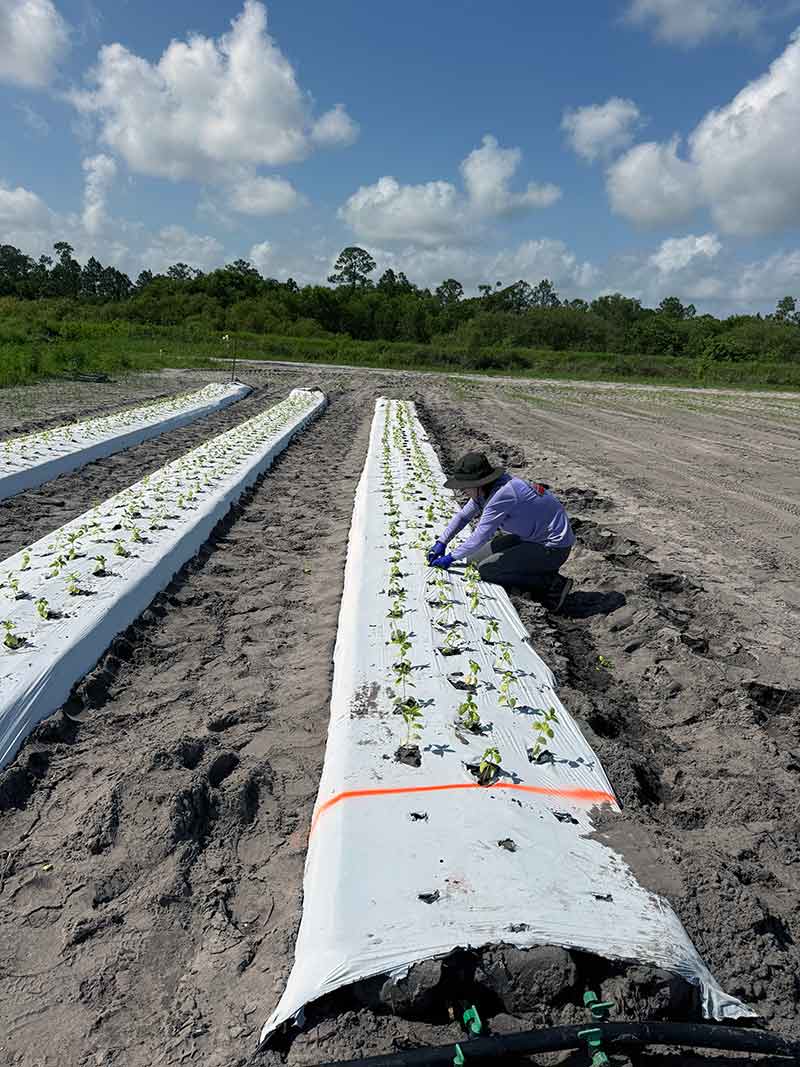
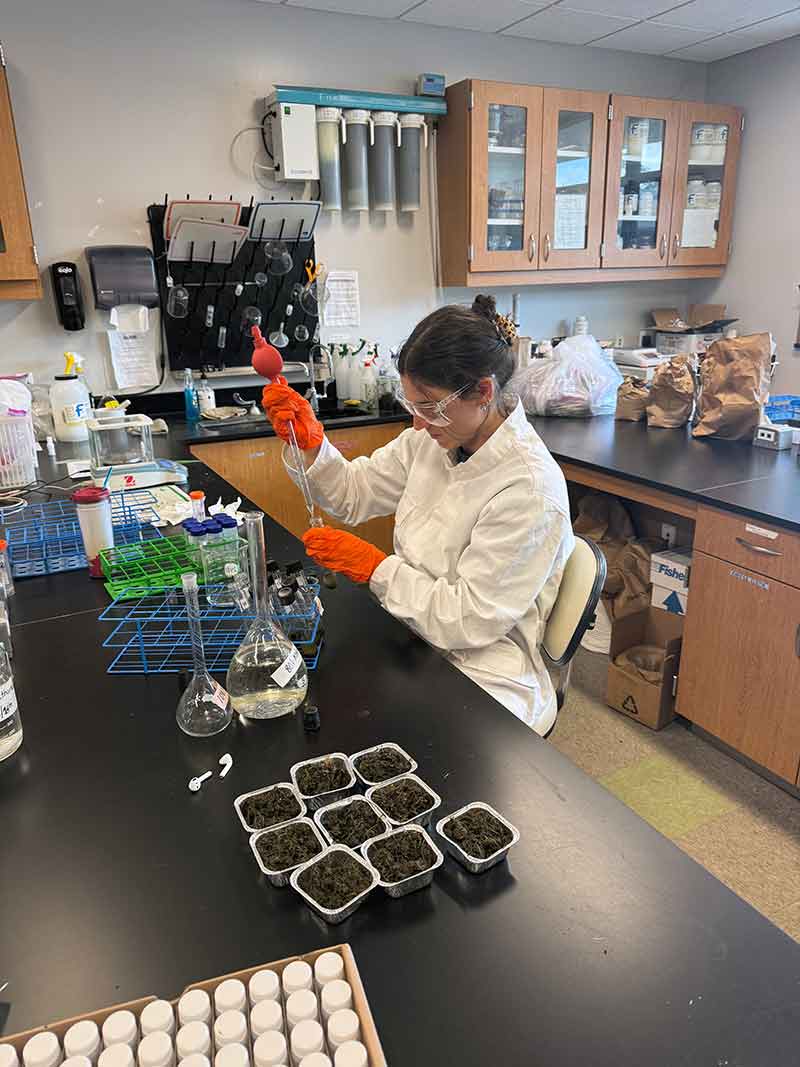
‘Naked, hungry and homeless’
Agricultural science touches every aspect of daily life. Healthy soil is a renewable resource but only if it’s cared for.
“Without agriculture, we’d be naked, hungry and homeless,” Tenny says.
In Immokalee, she’s now focused on lab work and testing shade cloth to extend the growing seasons of basil and broccoli. She also takes part in UF’s outreach programs, from “Vegetable Day” to the weeklong “Ag-Ventures” for local schoolchildren.
As for the future, she’s keeping her options open but grounded in her core mission: “I like knowing where the things I consume come from. It’s good to feel like I can do something specific to make a positive difference.”
The basil may be thriving, but so is the FGCU-to-UF connection Tenny is helping to cultivate. Her path shows how a single research project can seed both a career and a stronger bond between two universities.
You might also be interested in this story:
FGCU students harness technology to study hurricane impacts, coastal habitats